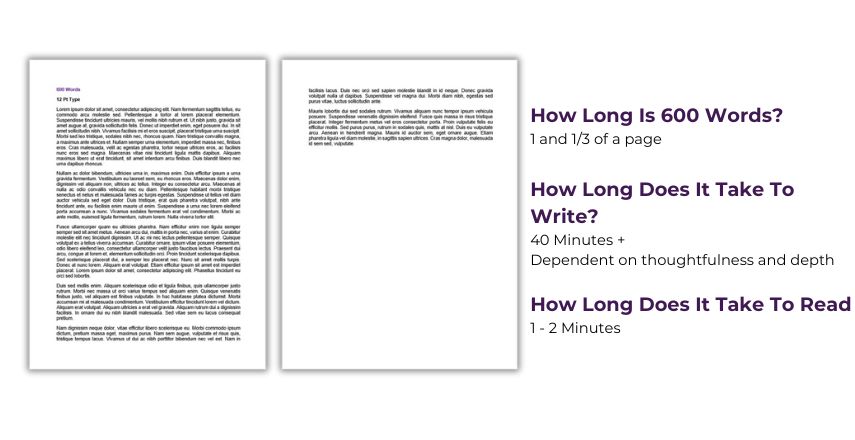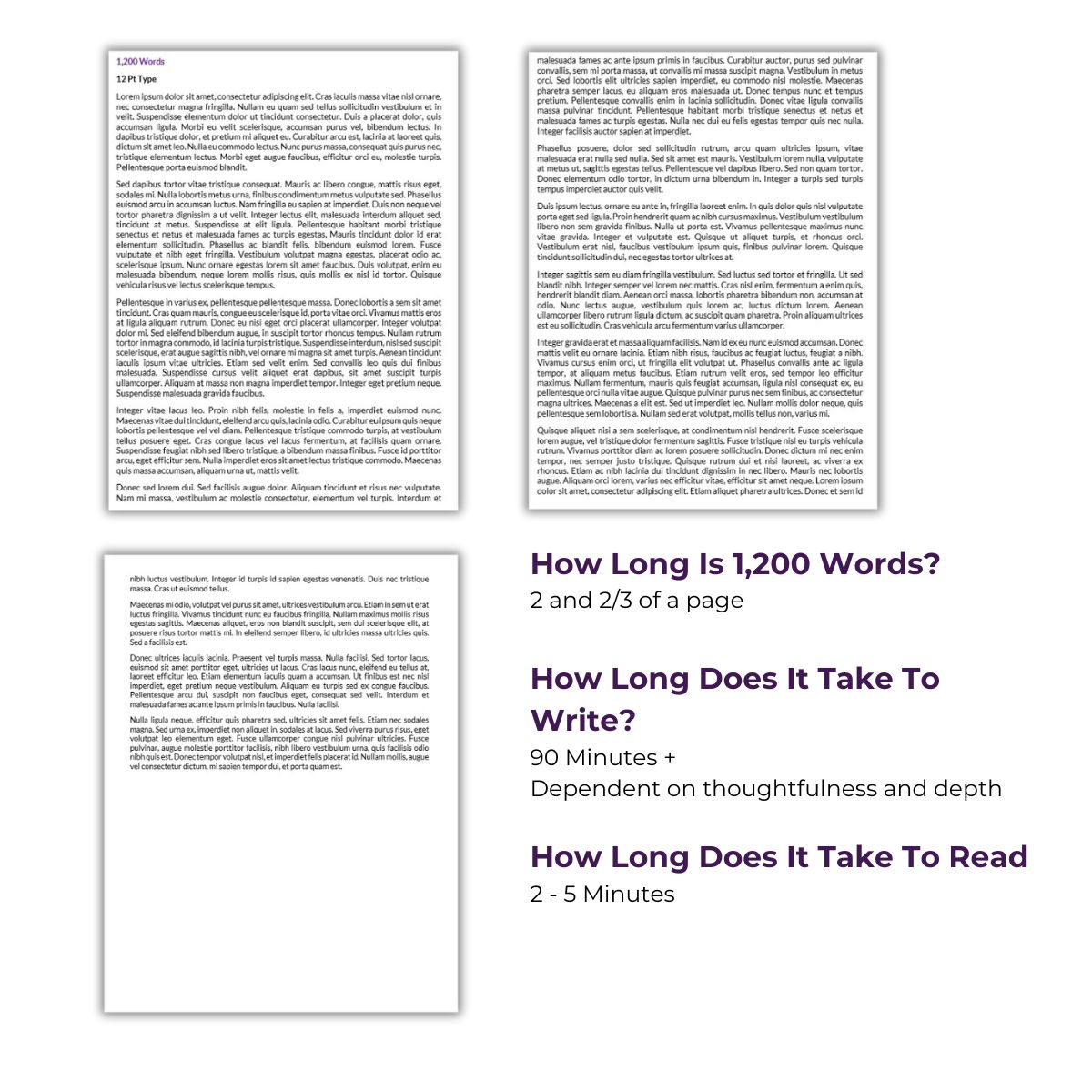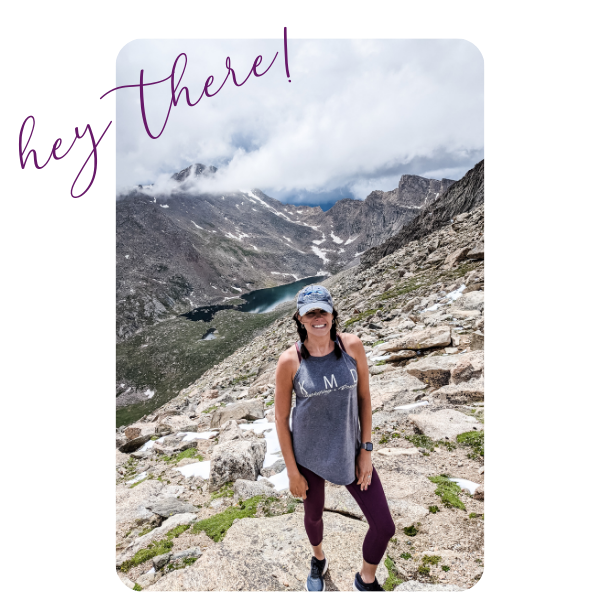
What’s the Best Length of Blog Post for SEO?
What is the best length of a blog post for SEO? The answer depends on the topic and audience. However, studies show that longer content usually ranks better in search results.
So, are longer or shorter blog posts better for SEO?
Articles that are 1,500 to 2,500 words long are often seen as ideal. They provide enough space to cover a topic in detail, helping meet user needs and, hopefully, search engine algorithms.
That said, quality always trumps quantity. It’s best to provide valuable and clear content. This keeps readers interested and answers their questions. Other factors, like proper keyword usage, internal and external linking, readability, and multimedia elements, also play a significant role in SEO performance.
Why are we providing this insight? We serve businesses and nonprofits with marketing + content creation! Check out our blog posts about UGC, Google Reviews, Organic Search Optimization, and Content Strategy vs. Content Creation.
Short & Sweet (Under 600 Words)
Think of these as high-intensity workouts—short, effective, and straight to the point. These blog posts are great for:
- Answering simple, direct questions (e.g., “What Is SEO?“)
- Keeping attention spans in check—not everyone has time for a long read
- Encouraging engagement—quick posts make for easy comments and shares
While these bite-sized posts are great for engagement, they may not rank as high in search results since Google favors more comprehensive content. Think of them as warm-ups—they’re valuable but shouldn’t be your entire content strategy.
-
- Best for: Social media posts, quick industry updates, and FAQs

How long is 300 words to write?
A 300-word piece can take anywhere from 20 to 120 minutes, depending on the writer’s skill level, speed, and familiarity with the topic at hand.
How long does 300 words take to read?
A 600-word text typically takes about 45 seconds to 1 minute to read, depending on the reader’s speed.
How long does it take to write 600 words?
A 600-word piece can take anywhere from 40 minutes to 4 hours, depending on the writer’s skill level, speed, and familiarity with the topic.
How long does 600 words take to read?
A 600-word text typically takes 1 – 2 minutes to read, depending on the reader’s speed.
Mid-Range (600-1,200 Words) – The Balanced Routine
This is your sweet spot for most blog content—long enough to add value but not overwhelming. Google loves well-structured, mid-length content because:
- It allows for keyword optimization without overstuffing
- It keeps readers engaged with helpful insights
- It ranks well for moderate competition keywords
According to studies, blog posts in the 1,000-word range perform well for moderate-competition keywords, making them ideal for businesses looking to increase organic traffic without going overboard.
-
-
- Best for: How-to guides, listicles, case studies, and industry insights.
-

How long does it take to write 1,000 words?
A 1,000-word piece can take 1 – 6 hours, depending on the writer’s skill level, speed, and familiarity with the topic.
How long does 1,000 words take to read?
A 1,000-word text typically takes 1.5 – 3.5 minutes to read, depending on the reader’s speed.
How long is 1,200 words to write?
A 1,200-word piece can take anywhere from 1.5 – 8 hours, depending on the writer’s skill level, speed, and familiarity with the topic.
How long does 1,200 words take to read?
Depending on the reader’s speed, a 1,200-word text typically takes 2 – 4.5 minutes to read.
Long-Form (1,500- 2,500+ Words) – The Strength Builder
Just like progressive overload in weight training, long-form content builds lasting authority. If you want to dominate search results, this is your go-to:
- Google favors in-depth content (1,500+ words tend to rank higher)
- More time on page = better engagement metrics
- More backlinks—people love referencing detailed resources
Studies show that blog posts of 2,000 words or more tend to rank higher in search results. Think of these posts as endurance training—they take more effort, but the long-term payoff is worth it.
-
- Best for: Ultimate guides, detailed research, pillar content, and storytelling blogs.
How long is 1,800 words to write?
A 1,800-word piece can take 2- 10 hours, depending on the writer’s skill level, speed, and familiarity with the topic.
How long does 1,800 words take to read?
Depending on the reader’s speed, a 1,800-word text typically takes 3 – 5 minutes to read.
How long does it take to write 2,500 words?
A 2,500-word piece can take 3 – 15 hours, depending on the writer’s skill level, speed, and familiarity with the topic.
How long does 2,500 words take to read?
Depending on the reader’s speed, a 2,500-word text typically takes 10 – 20 minutes to read.
So, What’s the Right Length for You?
Just like workouts, there’s no one-size-fits-all approach to blog length. Here’s how to choose the right word count for your content goals:
- Want to rank for SEO? Aim for 1,500+ words with strong keyword placement and quality research.
- Need quick engagement? Stick to 600-1,000 words with clear takeaways.
- Building brand authority? Go deep with 2,000+ words of expert-level content.
The best-performing blogs are structured well, meaning they’re not just long—they’re readable, valuable, and packed with insight. Here are a few ways to structure your content for maximum impact:
1. Use Clear Headings (Like Workout Phases!)
Break your blog into clear sections, just like you’d divide a workout into warm-up, strength, and cooldown phases.
2. Add Bullet Points for Readability
No one likes a cluttered routine or a dense paragraph—bullet points help readers scan quickly and retain key takeaways.
3. Keep Sentences and Paragraphs Short
Would you rather lift one massive, awkward weight or do a series of controlled reps? Shorter sentences and paragraphs make blogs more digestible and engaging.
Final Rep: Quality Over Quantity
A long, drawn-out blog post with fluff won’t get results—just like bad form in a workout won’t get gains. Focus on value, clarity, and consistency. A strong 800-word post beats a weak 2,000-word one every time.
Now, time to train your content strategy—what’s your next blog rep going to be? 💪
Ready for more?
You don’t have to navigate content creation alone. Creating the best blog post length to drive traffic and boost rankings can be easier with the right support. Whether you aim for short, impactful posts or long-form content that delves deep, partnering with experts ensures your efforts pay off. Ready to maximize your SEO potential? Let’s explore how we can help you achieve measurable results.
If you aren’t ready yet, give your brand some love with our downloadable resources: Ultimate SEO Enhancer and the 30-Day Action Plan for Social Media. Designed to help you stay consistent in your digital marketing strategy, these resources provide actionable prompts to encourage reflection, execution, and long-term commitment. Or, if you’d like to receive monthly bits of wisdom mixed with wellness ideas to elevate each day in your personal and professional life, let’s be friends. Subscribe here.








